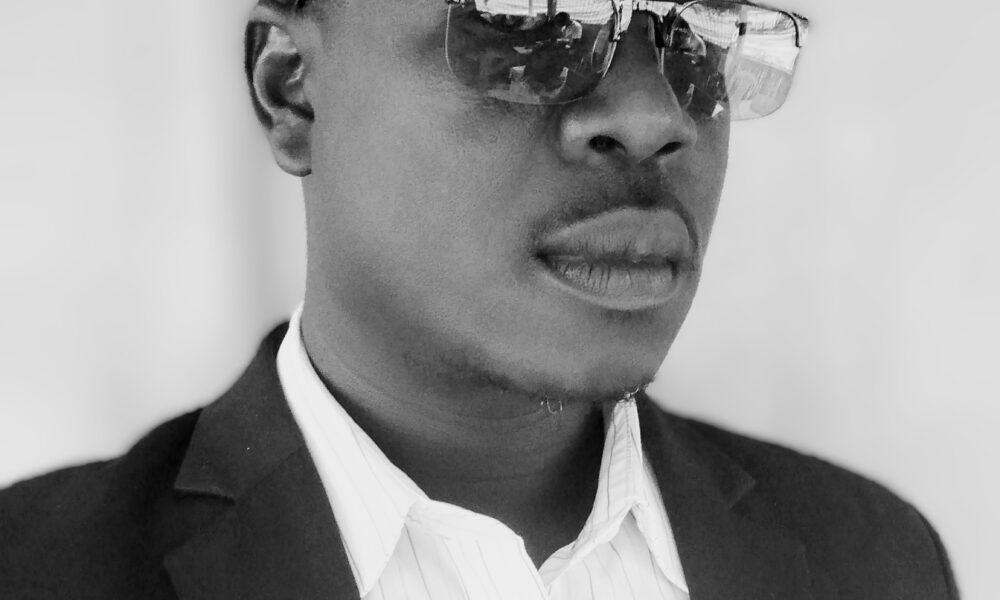
When Uganda’s People’s Defence Forces (UPDF) recently crossed into Kajokeji County and launched an unprovoked military assault that displaced civilians and reportedly killed South Sudanese soldiers, the response from our nation’s leadership was, at best, muted — and at worst, seemingly condoned.
What with the UPDF Chief’s handshake with the SSPDF’s top brass, and a pose of the man (Uganda’s president’s son Gen. Muhoozi making rounds in the media currently. Yes the very man who irked the well-meaning citizens of this country.
As if the act by the UPDF under his leadership (Uganda’s Chief of Defence Forces Gen. Muhoozi Kainerugaba) was not only a border skirmish, and a violation of South Sudan’s sovereignty – most of all, an outright breach of international law. The act, in fact was a shameful reminder of our vulnerability in the region. And yet, days passed without a single strong-worded condemnation from the highest levels of our government. President Salva Kiir, in particular, remained silent. That silence speaks volumes, and none of it is reassuring. Salt is added to the wound by the handshake and a pose with the man known for his provocative ‘Twitter’ tirades against his country’s neighbours.
Kajokeji, like many of South Sudan’s border communities, has long endured insecurity and neglect. But this latest incident went beyond internal dysfunction. It was a foreign military offensive — and still, no presidential address, no public rebuke of the Ugandan government, and no official show of solidarity with the displaced citizens. The victims have been left to bury their dead and flee once again, as their own leaders watch from a distance.
Besides the press release by the office of Kajo-keji county, the only other high level public commentary of note was a strained statement by the Governor of Central Equatoria Gen. Mujung. It was outscored by the comments of the man himself – Gen. Muhoozi. Among his insensitive tirades, the beleaguered General bragged, “fighting the UPDF is the quickest path to hell.” This was right after the Kajokeji incident. The statement left many South Sudanese disgusted if not amused. Uganda’s first son shamelessly further attempted to justify his army’s actions under the guise of “border security,” as if parts of Kajokeji now fall under Kampala’s jurisdiction.
This is the same general who once boasted that his army could capture Nairobi in two weeks — a claim that drew laughter across the continent and embarrassment even in Uganda. If it weren’t so dangerous, his recent remarks would be laughable too. But South Sudanese are not laughing — not the families who lost loved ones, and not the thousands forced to flee their homes once again – albeit some foolish fellow South Sudanese turn it round for their brain dead tribalism.
Let’s be clear: No sovereign nation bordering a people as others on earth should accept such an assault without consequence. No leadership should allow such disrespect to go unanswered. Yet South Sudan’s tepid, or evidently indifferent, reaction emboldens future violations — not only by Uganda but potentially by others in the region.
Such actions should have called for:
- A clear and immediate condemnation from the presidency.
- A formal diplomatic protest to Uganda, backed by calls for regional accountability.
- An independent investigation into the killings and displacements.
- Urgent humanitarian support and relocation of affected populations.
- A reaffirmation to our people and the world that South Sudan’s territorial integrity is not negotiable.
Instead, we were offered silence. A dangerous silence which seem to portray collusion. One that suggests our sovereignty is flexible, our people expendable, and our leadership indifferent.
If left unchecked, this incident sets a troubling precedent: that our borders are open to violation, our soldiers can be killed with impunity, and our people left unprotected.
South Sudanese must ask: what is the value of sovereignty if it is neither defended nor honored by our own leaders?
We can still chart a different path. We can demand action. We can call for clarity. And we can remind our neighbours — General Muhoozi included — that South Sudan may be young and fragile, but we are not anyone’s backyard.
History will judge our silence — and those who allowed it — just as surely as it will remember those who stood up when our nation was tested.
These are views of the author, and only his. He can be reached on sbedward9@gmail.com



